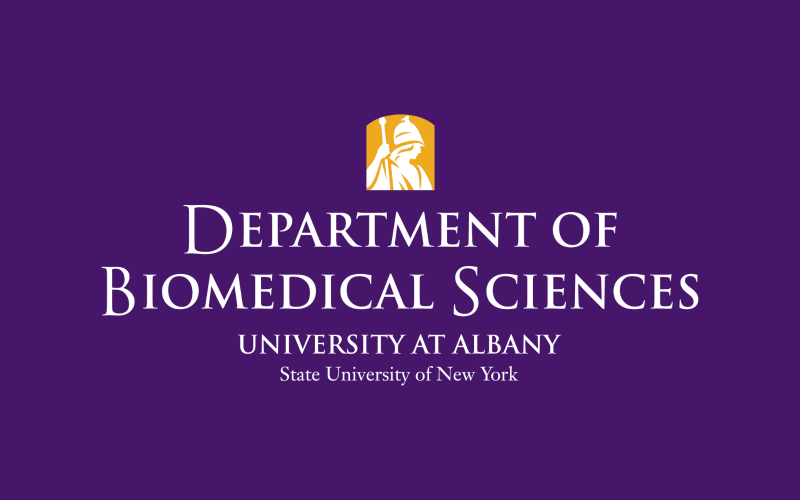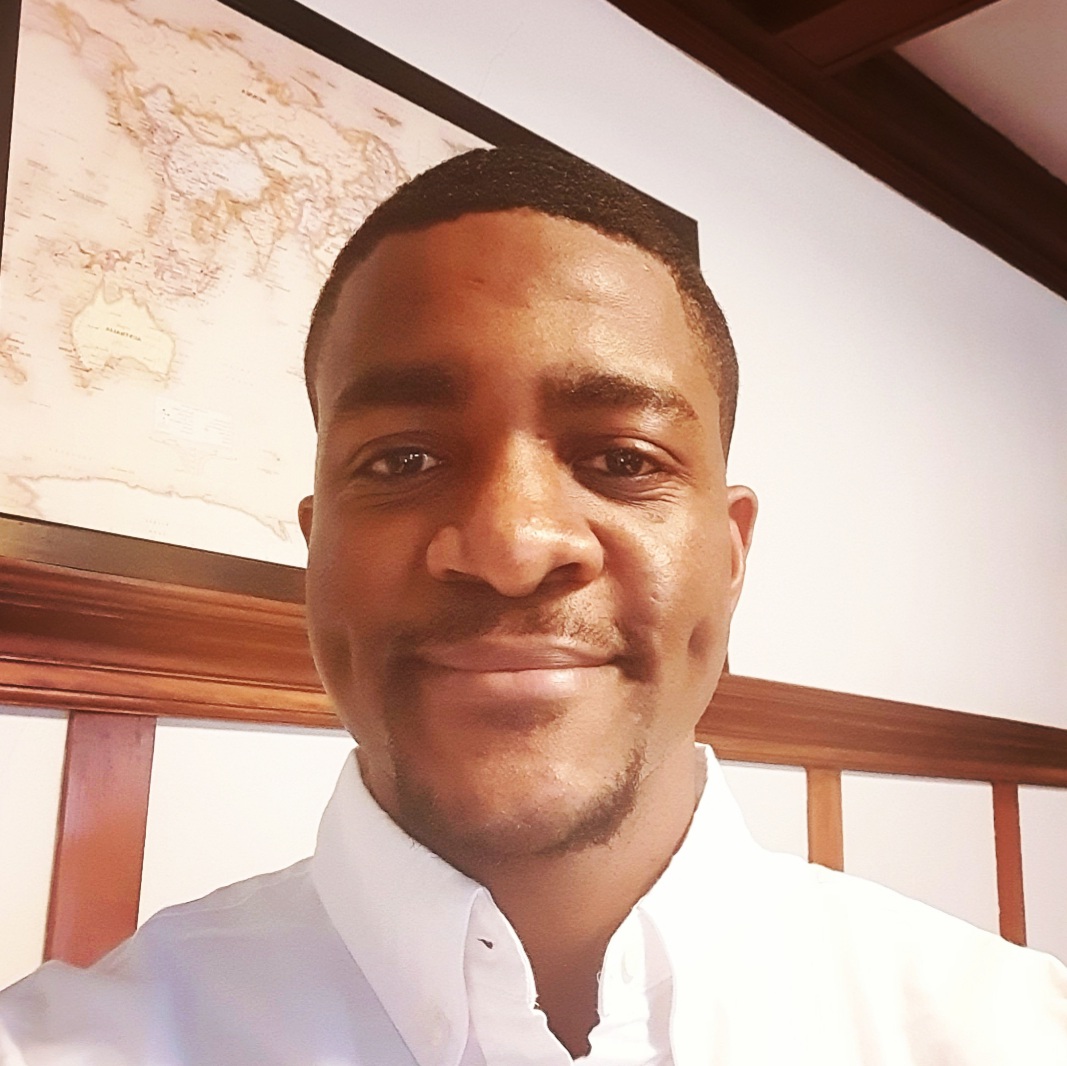Meet Kenneth Okonkwo: MPH student and physician from Nigeria


ALBANY, N.Y. (November 16, 2021) - Concentrating in biomedical sciences, Kenneth Okonkwo is a current MPH student who came to the U.S. from Nigeria to pursue his public health education. As a practicing clinical physician, Okonkwo found that his work could be enhanced with public health knowledge.
“I could readily see how an individual’s culture, social economic status, and religious affiliation impact their health,” explains Okonkwo, discussing the challenges he faced as a doctor in Nigeria, the largest country in Africa in terms of population. High diversity in the country—including many languages, beliefs, and religions— poses complex challenges for public health and healthcare workers.
“I’ve experienced when a patient’s beliefs have interfered with the treatment plan,” says Okonkwo. “Education level can also determine if a patient abandons my therapy for an alternative ‘snake oil’ type of therapy. Access can also be an issue, as patients may be unable to afford hospital treatment anymore.”
Okonkwo notes that on a population level, he noticed how certain policies—or lack of them— can sabotage progress made by healthcare workers. Wanting to make a difference with individual patients and populations, he researched schools of public health in the United States to further his own education to apply to his practice.
“I chose to come to UAlbany for two reasons. The first is the one-of-a-kind relationship with the New York State Department of Health, which offers tremendous benefits and opportunities,” says Okonkwo. “The second reason is the biomedical science concentration. Given my background in medicine I wanted a program with focus on the biological basis of public health and UAlbany is one of the only institutions in the country with this concentration.”
Okonkwo recently interned at the Wadsworth Center, known as the premier state public health laboratory in the United States. He worked with Jon Paczkowski on quorum sensing in multidrug resistant Pseudomonas aeruginosa clinical isolates.
“Quorum sensing is how bacterial cells communicate with each other and share information about the number of bacteria present in the environment,” Okonkwo explains. “When they have enough cells present, they can switch from individual behaviors to behaving as a group.”
As a group, P. aeruginosa cells can attack more efficiently, evade host immune cells more competently, and they can slow down antibiotics designed to fight them. Okonkwo conducted an experiment that assessed the bacteria’s ability to exhibit these group behaviors when certain genes are turned off.
“P. aeruginosa has acquired resistance to commonly used antibiotics and is a priority pathogen on the CDC ESKAPE list, so it is imperative that we understand the genes and pathways involved in quorum sensing,” Okonkwo says.
This research will help guide scientists as they work to develop novel therapeutics aimed at interrupting steps in these pathways—with the ultimate goal of decreasing morbidity and mortality from P. aeruginosa infections.
“My research project at Wadsworth complemented and extended my classroom learning and expanded my knowledge and understanding of bacterial pathogenesis,” Okonkwo says. “Furthermore, it was gratifying contributing to new scientific knowledge. Going forward, I see myself incorporating research in my practice as a physician.”


